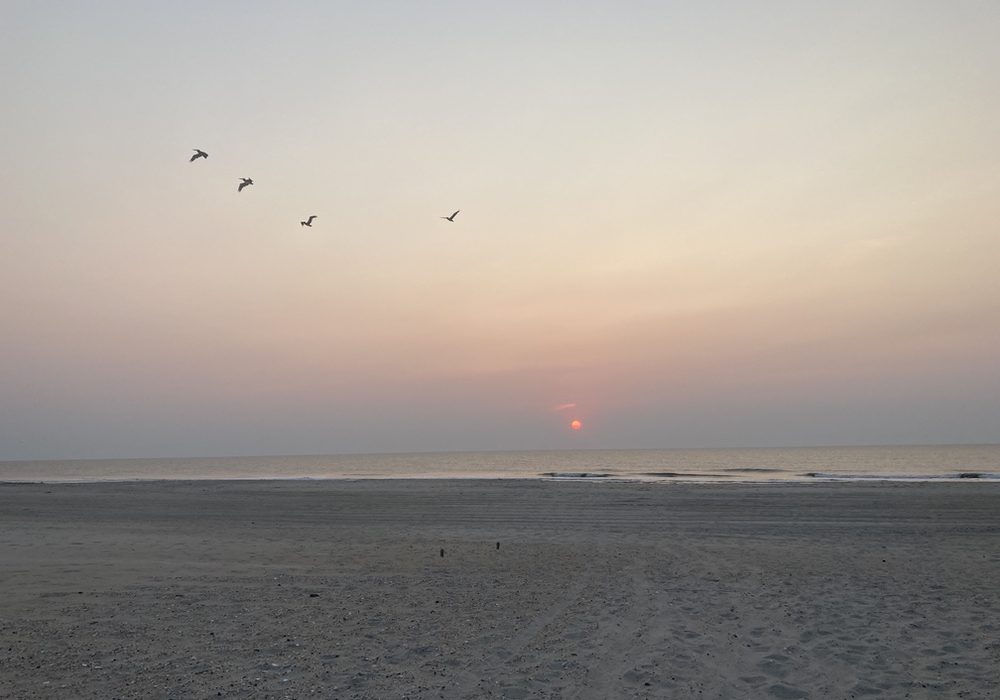What is the significance and impact of creating concise, structured storytelling through a podcast format?
A podcaster reflects on turning personal experiences into powerful 60-second stories.
The more that we compress what we want to say, how we want to say it into a shorter and shorter time structure, we have to be clear, concise, and cogent.
~ Diane Wyzga (6:45)
The discussion centers on the creative process and philosophy behind crafting 60-second podcast episodes. Diane explains how her journey began through a workshop led by Seth Godin, which emphasized immediate action and developing a podcast concept within strict time constraints. The format’s brevity requires clear, concise storytelling, which she uses to create meaningful content that resonates with listeners. The structure evolves into a system where episodes are themed by the day of the week, balancing lighthearted and reflective topics.
Themes of tension, vulnerability, and connection through storytelling are woven throughout the conversation. Diane emphasizes the importance of creating a space for listeners to reflect, engage, and see themselves in the narratives. She explores how constraints foster creativity and how storytelling, even in a brief format, can inspire change, provide comfort, and encourage introspection. The conversation concludes with reflections on the value of genuine dialogue and how it serves as a bridge for understanding.
Takeaways
The impact of constraints in storytelling — Compressing time and structure sharpens clarity and creativity in podcasting.
The evolution of a storytelling system — Structured themes for daily episodes enhance both creativity and consistency.
The role of vulnerability in content creation — Authenticity deepens the listener’s engagement and personal connection.
The universality of challenges — Sharing personal experiences fosters understanding and shared humanity.
The dynamic interplay of tension and structure — Tension, like in storytelling or material engineering, strengthens narratives and creates growth opportunities.
The importance of story as conversation — Storytelling bridges divides and connects people beyond transactional communication.
Resources
Seth Godin’s Podcasting Workshop — A workshop focused on empowering participants to create impactful podcasts.
Forward Link Platform — A platform mentioned for sharing podcast episodes during development.
(Written with help from Chat-GPT.)
ɕ
